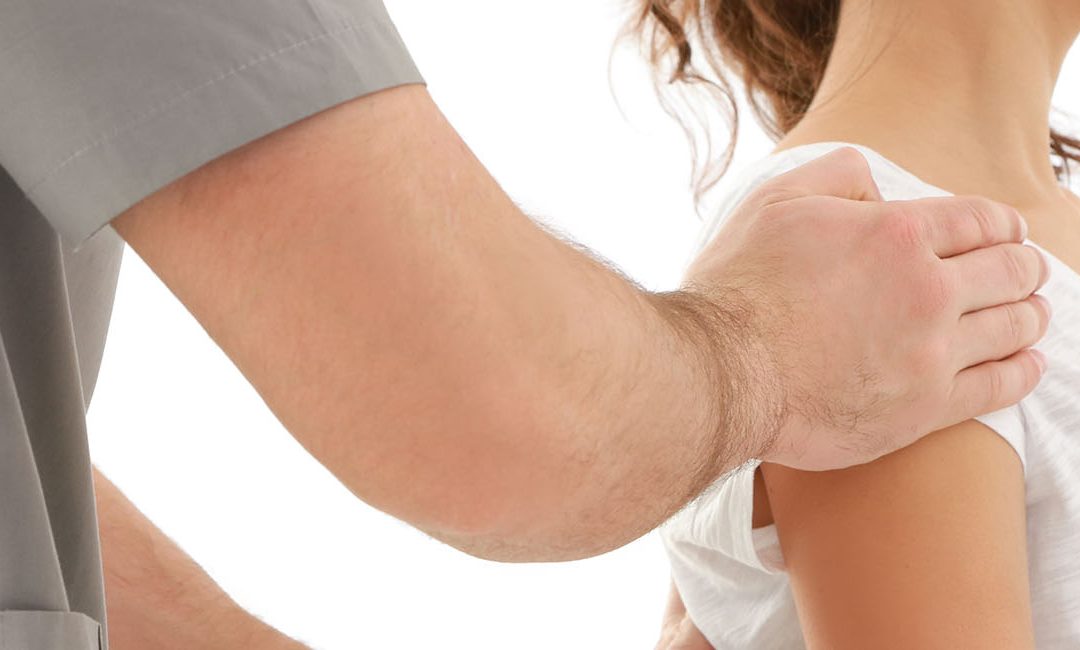Swimming may place severe stress on the shoulder and other parts of the body. Swimmer’s Shoulder, also known as the Impingement Syndrome, refers to a wide set of symptoms relating to traumatic injuries stemming from undue exertion over an extended period of time, i.e. overuse, of the various parts of the shoulder while swimming. Pain is an inevitable result of such exertion and may be limited to the shoulder joint and muscles or spread in either direction – to the extremities and neck. The condition involves chronic inflammation of the muscles, ligaments and tendons of the joint.
Causes
- Excessive training without proper rest or breaks
- Overuse of the shoulder joint
- Bad swimming technique
- Inadequate ‘body roll’
- Imbalanced development of various muscle groups
- Inherent weakness of muscles, ligaments, and tendons of the shoulder
- Subsisting shoulder injuries may be an underlying cause
Symptoms
- Localized pain is felt in the affected part of the shoulder
- Pain may extend to the neck and/or down the arm in some cases
- Pain worsens while resting on the affected shoulder
- Tenderness of the affected area
- Decreased range of movement
- Decrease in shoulder strength
- Increased joint laxity
Diagnosis
- Physical examination is the first step in the process of diagnosis
- X-rays and other imagining techniques may be needed to assess the changes in structure of the joint
- The doctor may check for any change in the pattern of swimming stroke
- The presence of ‘lazy elbow’ where the elbow on the affected side cannot be lifted to the normal height out of the water.
Treatment
- Rest is important to allow the joint to heal
- Application of ice packs may be recommended to reduce pain and inflammation
- Sling or shoulder tape may give adequate support
- Physiotherapy sessions may be recommended to improve strength and flexibility
- Anti-inflammatory medication may be prescribed
- Surgical repair of tendons and ligaments may be done in case conservative methods do not work
- Improvement or modification of swimming technique may be required
- Warming up slowly before swimming may be suggested
- The doctor may ask patients to avoid movements that cause pain
For complete diagnosis and treatment of Swimmer’s Shoulder, call at 972-492-1334.


